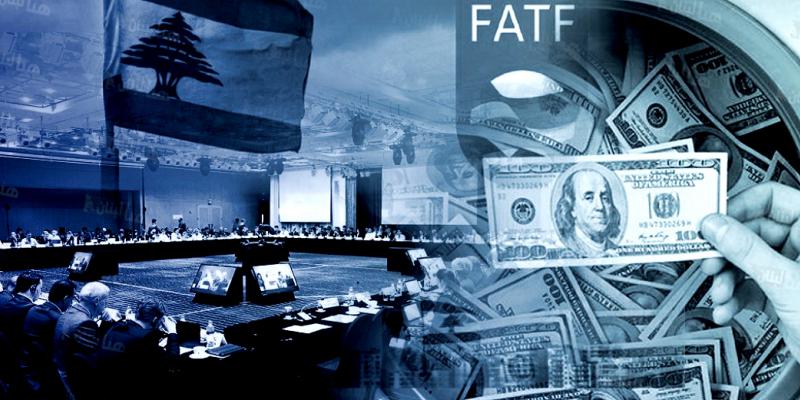The European Commission has added Lebanon to its list of “high-risk” jurisdictions for money laundering and terrorist financing, in a move announced on June 10 as part of a periodic update to its blacklist.
According to LIMS, the designation reflects the same concerns that led the Financial Action Task Force to place Lebanon on its grey list last year, notably the influence of Hezbollah-linked financial institutions and the government’s failure to enact sufficient reforms. LIMS cited several structural vulnerabilities, including Lebanon’s heavy reliance on cash transactions, opacity in the foreign exchange market, and the central bank’s dependence on selected money changers to manage liquidity. Widespread tax and customs evasion, forged import documentation, the lack of credibility at Beirut port, and the smuggling of goods and narcotics were also highlighted as channels that heighten money laundering risks.
While the move does not entail direct sanctions, LIMS warned that it will increase compliance burdens for European banks dealing with Lebanon. Financial transfers—including remittances, aid flows and trade payments—are expected to face higher transaction costs, longer processing times and tighter due diligence. Some European banks may choose to sever ties altogether, further narrowing Lebanese banks’ access to international finance.
- Lebanon’s Cash Liquidity Between The Banking Crisis And Government Reforms, June 11, 2025: NBN, Video Interview AR
- Cash Economy And Lack Of Transparency In The Currency Exchange Market ‘Implicate’ Lebanon, June 19, 2025: Lebanon Debate, Article AR
- Government Decision To Support Housing: Loans Of $100,000 To Combat High Property Prices, June 30, 2025: VDL, Radio Interview AR

